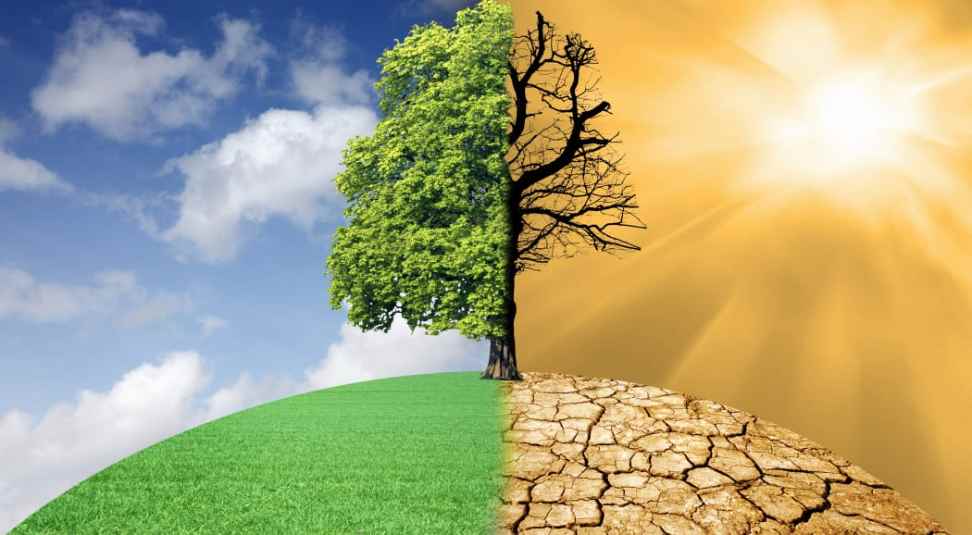11xplay Reddy Login, Betbhai9, T20exchange: Climate change refers to the long-term alteration in Earth’s climate, resulting in changes in temperature and weather patterns. This phenomenon is primarily driven by the increasing levels of greenhouse gases in the atmosphere, such as carbon dioxide and methane. Human activities like burning fossil fuels, deforestation, and industrial processes are the main contributors to the rise in these greenhouse gas emissions.
The effects of climate change are far-reaching and impact various aspects of life on Earth. These effects include rising global temperatures, melting ice caps and glaciers, more frequent and severe natural disasters, shifting weather patterns, and threats to biodiversity. It is crucial for individuals, communities, and nations to take action to mitigate the impacts of climate change and work towards a sustainable future.
Causes of Climate Change
The primary driver behind climate change is the increase in greenhouse gases in the Earth’s atmosphere. Human activities, such as burning fossil fuels for energy production, transportation, and deforestation, have significantly contributed to the rise in greenhouse gas emissions. These gases, are including the CO2, the methane gas, and nitrous oxide, trap heat in the atmosphere, leading to global warming.
Another significant cause of climate change is the release of aerosols and other pollutants into the atmosphere. These pollutants can alter the Earth’s energy balance by reflecting sunlight back into space or by absorbing it in the atmosphere. Additionally, changes in land use, such as urbanization and agriculture, can also play a role in climate change by affecting the Earth’s surface albedo and altering the natural carbon cycle.
Effects of Climate Change on Ecosystems
Climate change poses a significant threat to ecosystems worldwide. Shifts in temperature and precipitation patterns are disrupting the delicate balance of various habitats, leading to changes in the distribution and abundance of species. As temperatures rise, many species may struggle to adapt quickly enough, resulting in population declines or even extinctions.
Furthermore, altered climate conditions are causing shifts in the timing of key ecological events such as flowering, migration, and reproduction. These changes can have cascading effects throughout an ecosystem, impacting not just individual species but also the interactions between different species. As a result, food webs and nutrient cycles may be disrupted, leading to unforeseen consequences for ecosystem stability.
� Climate change disrupts the delicate balance of ecosystems
� Rising temperatures can lead to population declines and extinctions
� Shifts in timing of ecological events have cascading effects on ecosystems
� Disruptions in food webs and nutrient cycles can impact ecosystem stability.
What is climate change?
Climate change refers to long-term changes in temperature, precipitation, and other atmospheric conditions that impact the Earth’s climate system.
What are some of the causes of climate change?
Bet365 ID, Play247 Online, Iceexchange: Some of the main causes of climate change include burning fossil fuels, deforestation, industrial processes, and agricultural practices that release greenhouse gases into the atmosphere.
How does climate change affect ecosystems?
Climate change can have a range of impacts on ecosystems, including shifts in species distributions, disruptions to food webs, altered habitats, and increased frequency of extreme weather events.
How do rising temperatures impact ecosystems?
Rising temperatures can lead to changes in the timing of seasonal events, such as blooming and migration patterns, which can disrupt the relationships between species in an ecosystem.
What are some ways to mitigate the effects of climate change on ecosystems?
Mitigation strategies include reducing greenhouse gas emissions, protecting and restoring natural habitats, promoting sustainable land use practices, and supporting conservation efforts to preserve biodiversity.
How can individuals help combat climate change and protect ecosystems?
Individuals can take actions such as reducing energy consumption, using public transportation, supporting renewable energy sources, practicing sustainable agriculture, and advocating for policies that address climate change.

